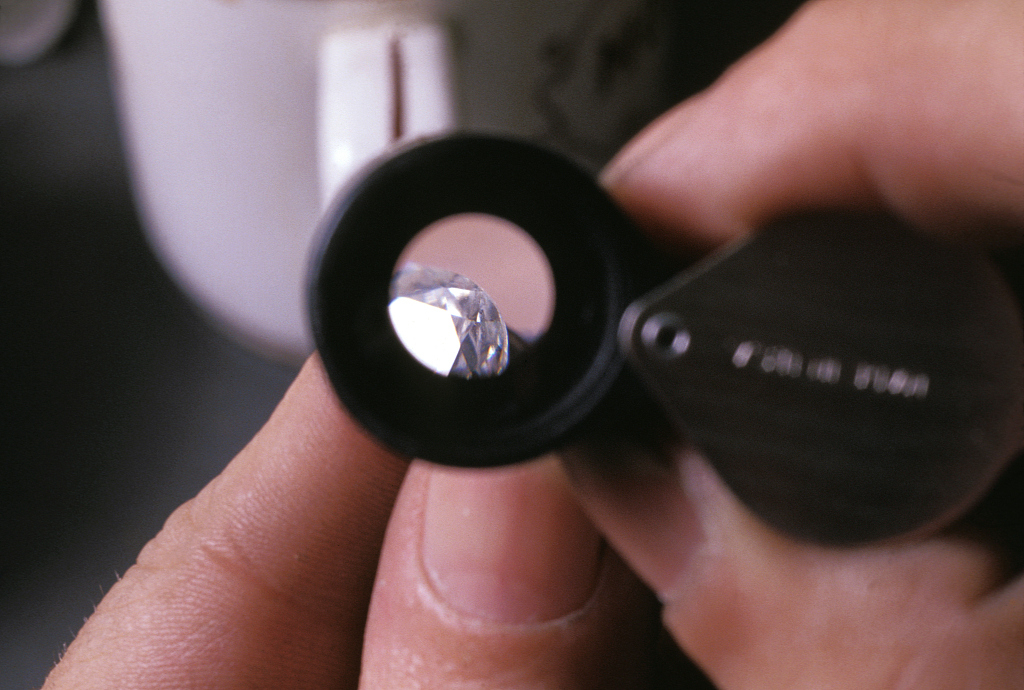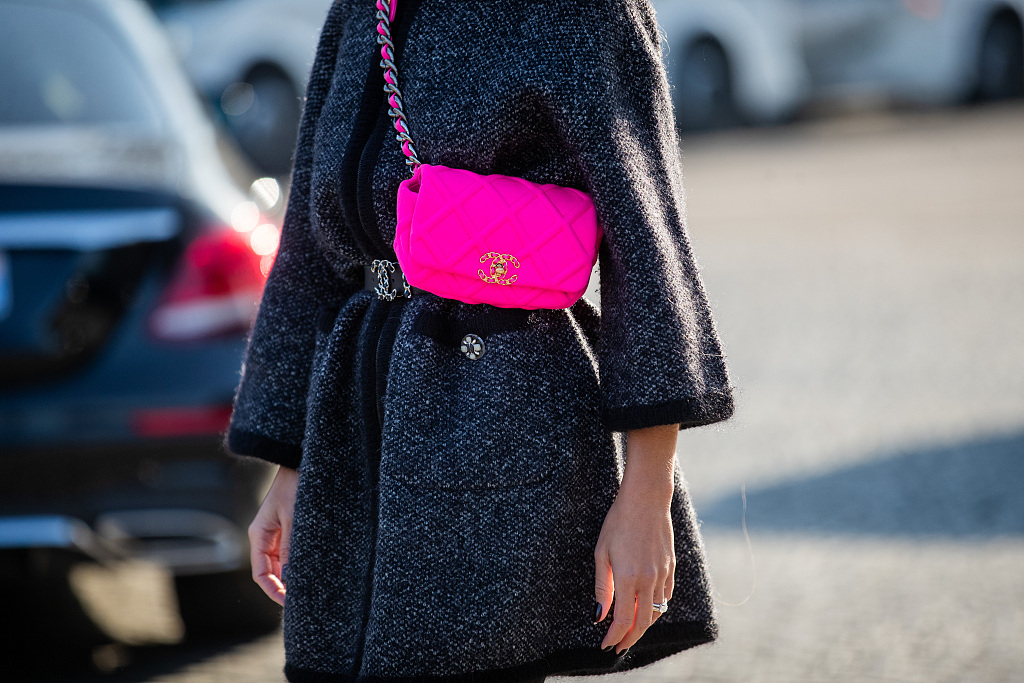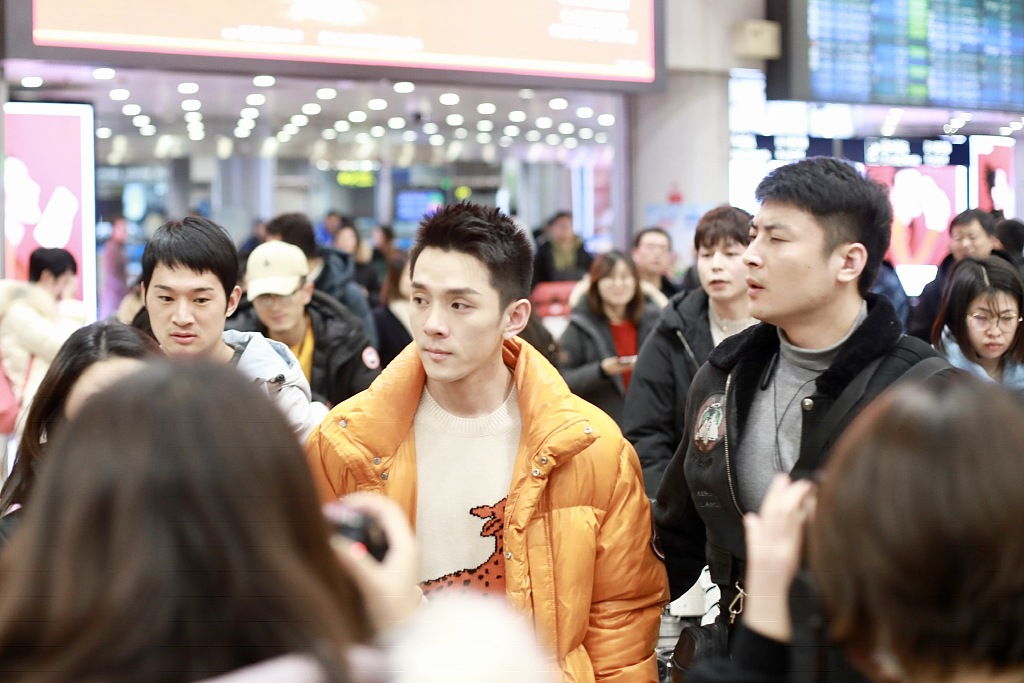All signs point to a rising market of second-hand luxury items in China.
From younger customers' live-stream shopping to heavy investments in luxury selling startups, glitters are everywhere in this industry, indicating another harvest year. You may ask how come this happens within the economic downturn amid the China-U.S. trade war. Well, with a steady stream of investment money, advanced e-commerce systems, richer and younger purchasers as well as improved tastes on high-end products, China has actually remained a growing area of second-hand luxury business in the past decade.
McKinsey & Company report on China Luxury 2019 found that China is contributing to two-thirds of the global growth in luxury spending, which is 770 billion yuan in total, and the number is expecting to grow to 1.2 trillion yuan by 2025. Among the explosive upper-middle-class households, post-90's customers hold the driving force of the luxury appetite, not surprisingly.
Along with this trend, buying pre-owned luxury goods is widely accepted today. Though the older generation in China still frown upon used goods as they believe the goods are in low quality and poor conditions, younger luxury purchasers have started to embrace the second-hand luxury items from designer bags to limited-edition sneakers.

For many pre-owned luxury platforms, authenticity and quality come first if they expect long-term growth.
For many pre-owned luxury platforms, authenticity and quality come first if they expect long-term growth.
Where is the buying power
Globally, the millennials are digitally savvy with more disposable incomes, better educational background, who are a group of informed customers that understands the value a luxury good can offer. In China, post-85s and post-90s are representatives appreciating the value of high-end products. They are generally "only-child generation" kids receiving adequate family support, according to the Bain Company survey. This financial cushion enables young customers to spend big on luxuries.
"Many luxury owners on our platform are generation Z," said Ryan, financial manager of Secoo, Asia's largest online integrated upscale products and services platform. He said the millennials are becoming a superpower in luxury consumption in China, adding that these groups of people are both price-sensitive yet luxury-enthusiastic.
So as we always hear, "the young lady wears a stunning Dior bag" or "the young guy is a footwear lover who buys Yeezy frequently", their high-end goods are probably sourced through pre-owned websites in China or overseas.
"I can afford three to four pre-owned Gucci bags in one shopping, but I can't even pay one new season Gucci chain purse," said Linda Ma, a 27-year-old woman working in Beijing, adding that she can always pick up the best ones in the pool. She said this is common among her and her friends to buy some pre-owned luxury stuff to fit different occasions' needs, given they are not financially capable of buying all-new items every season. Linda is among the younger generation exposed to luxury products earlier than their parents; therefore, they are rational and ready to pay for what they can afford.
Crave brands? No, quality
The pre-owned luxury business is built on trust.
After experiencing 2008-2018's luxury glut, Chinese customers are equipped with a better understanding of luxury consumption. For many pre-owned luxury platforms, authenticity and quality come first if they expect long-term growth.

The lawsuit filed by Chanel stated The RealReal sells fake bags and is not qualified to authenticate Chanel goods.
The lawsuit filed by Chanel stated The RealReal sells fake bags and is not qualified to authenticate Chanel goods.
"Footwear, clothing, designer bags and leather goods have the most counterfeits globally," said Michael Liu, who runs high street sneaker stores in Beijing and Los Angeles. He told CGTN that the challenge of fake goods was brought to the forefront already as the selling and buying happen every minute around the world in one supply chain as a whole. "Chinese footwear market has been aware of this issue. Being blamed for producing fake shoes by western countries, Chinese players actually pay more attention to authenticate luxury goods across various categories."
Chinese e-commerce tycoon JD.com sold its luxury shopping platform Toplife to Farfetch China in February for 50 million U.S. dollars in 2019, as a new partnership agreement between the two giants, after two years of operation. In the U.S., the famous pre-owned luxury reseller The RealReal Inc. raised 300 million U.S. dollars in its initial public offering in June 2019. Upon its first trading, the share jumped by nearly 50 percent.
While the gesture of this luxury transaction platform stunned many people in the first place, The RealReal's following scandal of selling counterfeits irritated big names like Chanel. The lawsuit stated the website was not qualified to authenticate Chanel goods, which did not take the selling of the authentic goods seriously. The Business of Fashion.com disclosed that The RealReal did send emails to customers admitting they "may be not perfect every single time."
Yet who should stand up to protect customers' benefits? When the fever of blindly pursuing brands lows down, quality always comes to the priority.

The famous Chinese livestreaming star Li Jiaqi at the airport. Key opinion leaders (KOLs) are celebrities or ordinary people with tons of fans online; they post their experience of buying luxury goods and box-opening shootings all the time on various online live stream platforms.
The famous Chinese livestreaming star Li Jiaqi at the airport. Key opinion leaders (KOLs) are celebrities or ordinary people with tons of fans online; they post their experience of buying luxury goods and box-opening shootings all the time on various online live stream platforms.
Digitalization Kingdom
In China, Generation Z likes to call their online luxury transactions "chopping hands" activities, meaning that clicking the "pay" button equals chopping hands as the goods are too expensive. In this live stream kingdom, though, "chopping hands" happens every day since the advanced e-commerce network has penetrated in every corner of young people's life.
You may know the word "KOL" as well. Key opinion leaders (KOLs) are celebrities or ordinary people with tons of fans online; they post their experience of buying luxury goods and box-opening shootings all the time on various online live stream platforms. Crazy fans copy their life through buying the same brands, taking similar photos, appearing at the same locations, and pursuing big designer stuff. KOLs deconstruct global high fashion trends into understandable local bits, then the money party begins as brands can sell luxury goods to the possible audience.
Pioneering pre-owned luxury platforms smartly meet this stream in China by collaborating with brands and KOLS. They calmly know that offline is the real arena. Chinese second-hand business companies Plum ("Hong Bu Lin") and TiAMOO have invested heavily in promoting arts-related events and offline social gatherings. They know clearly how important transferring online buzz to offline sales and knitting every key node together to boost the industry.